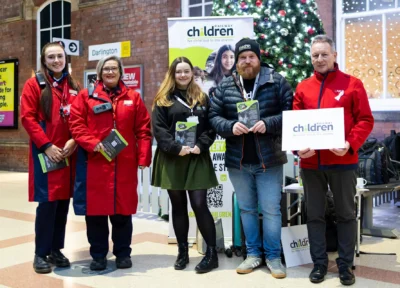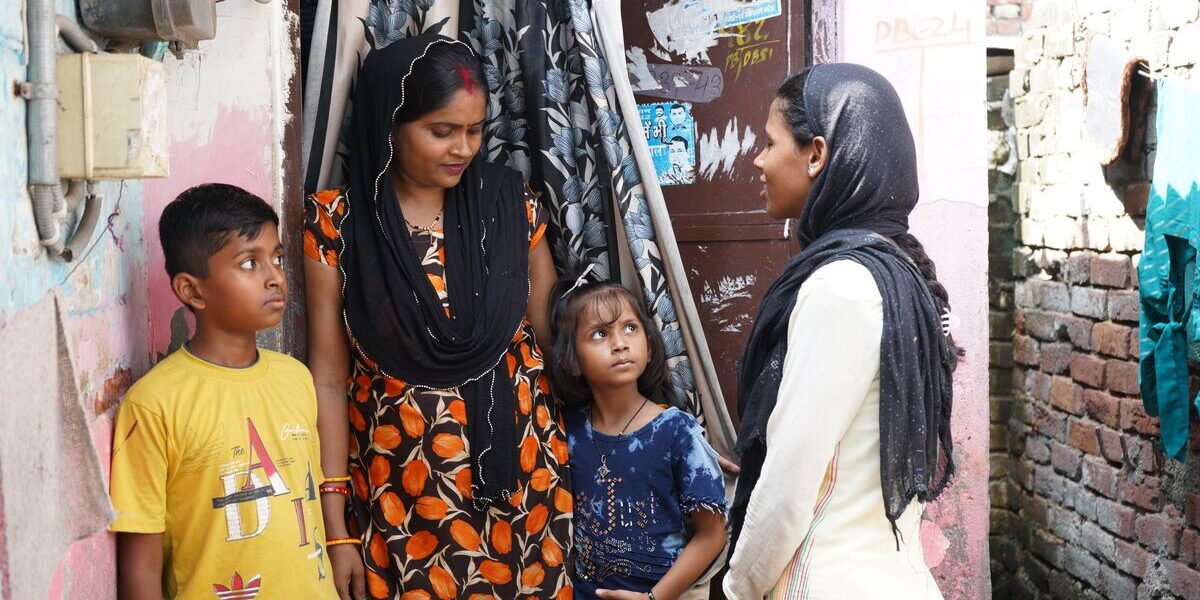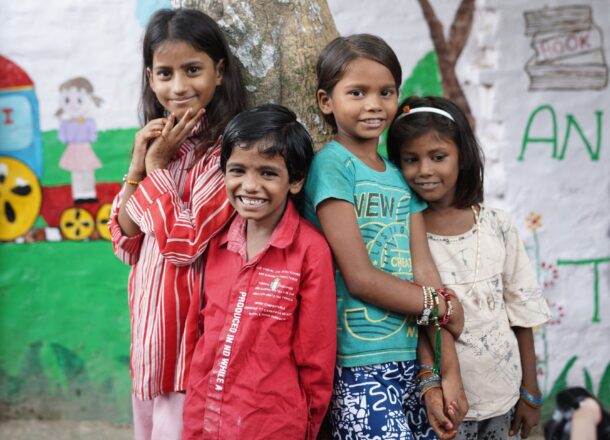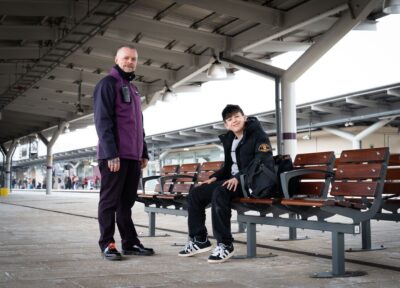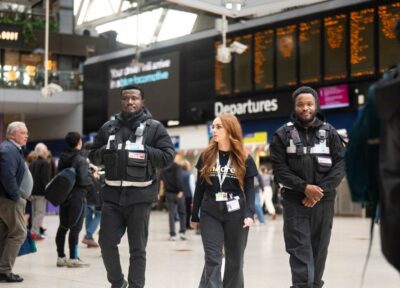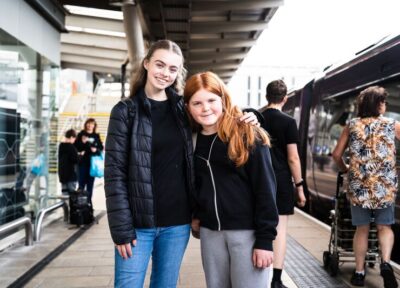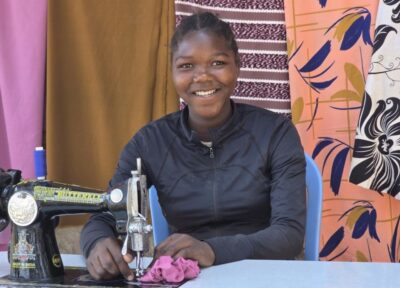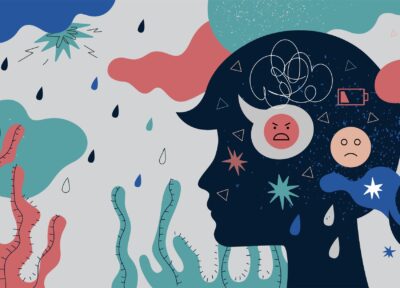What causes child homelessness?
In difficult circumstances, children often see living on the streets as a better way to exist. The bright lights of big cities appeal to those living in hardship in rural areas and many flee to the urban areas looking for work, opportunities, or simply adventure. Children regularly run away from homes where life is just too difficult for them as so many families are trapped in generational cycles of:
How do children survive on the streets?
Many resort to begging for money or food – which is why the country’s rail systems are an ideal place for them to go. There are plenty of passers-by and it is sheltered and busy. But it is not always easy for these children to get enough to eat and often they turn to crime in desperation, stealing food from stalls or getting involved in gangs. Often they are exploited into even worse situations than those they escaped from at home such as being forced into child labour or marriage.
How many street children are there?
It’s hard to know precisely the number of children living on the streets in India, but the last nationwide study suggested that there are over 11 million (as published by UNICEF in 1991), although that figure is said to be a substantial underestimation.
What is the impact on children?
When children are separated from their family unit they are vulnerable to abuse and many face violence every day. While living on the streets, the lifestyle these children are forced to endure has detrimental effects on their:
Health
They are prone to health problems as they have no access to sanitation and even basic medical care and poor diet and malnutrition is common.
Education and opportunities
Street children have no access to school either, so they fall behind in their studies, meaning they have little or no chance of every improving their situation and finding new opportunities. Many children are keen to gain an education, but have no way to do so.
What is the Indian Government’s policy on street children?
India’s politicians and policymakers are aware of the huge issue of street children the country faces and have several strategies in place to tackle the problem.
The mandates surrounding the Juvenile Justice (Care and Protection of Children) Act of 2015 includes street children and the Integrated Child Protection Scheme (ICPS) specifically addresses the needs of street children.
It includes policies to provide shelter, nutrition, healthcare, counselling, guidance and referral services, non-formal education programmes and vocational training amongst other services for street children.
Railway Children works closely with authorities to ensure these policies are supported and protections are upheld.
